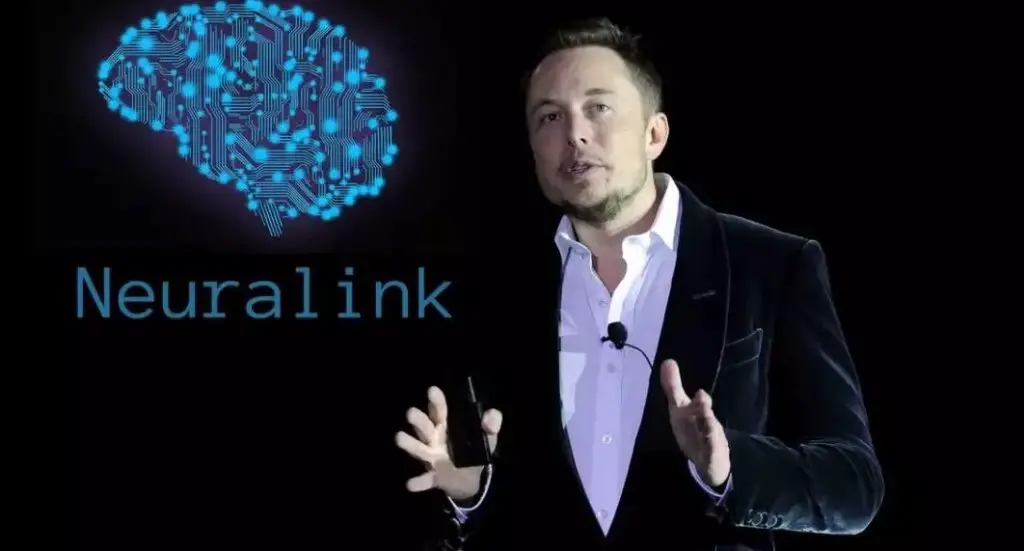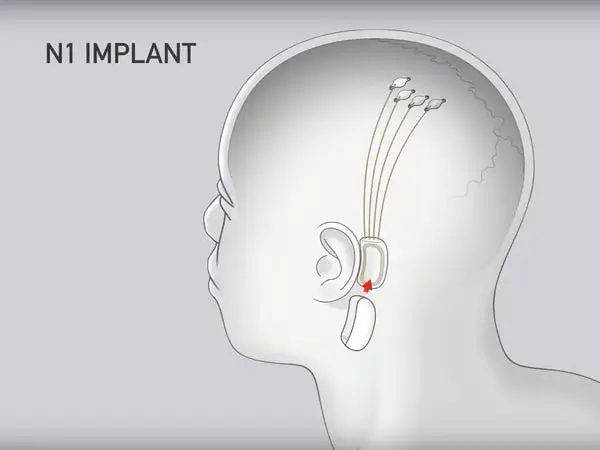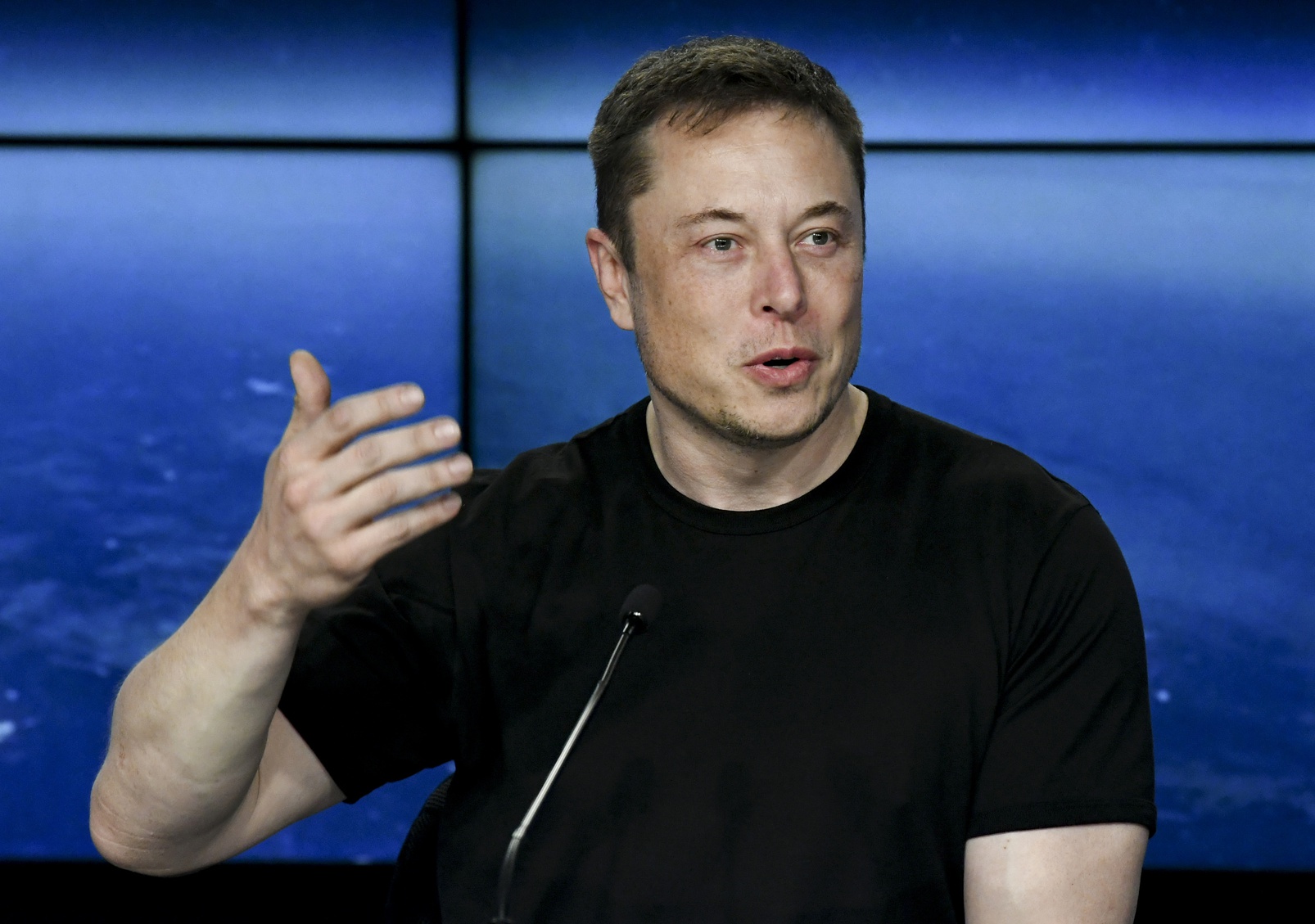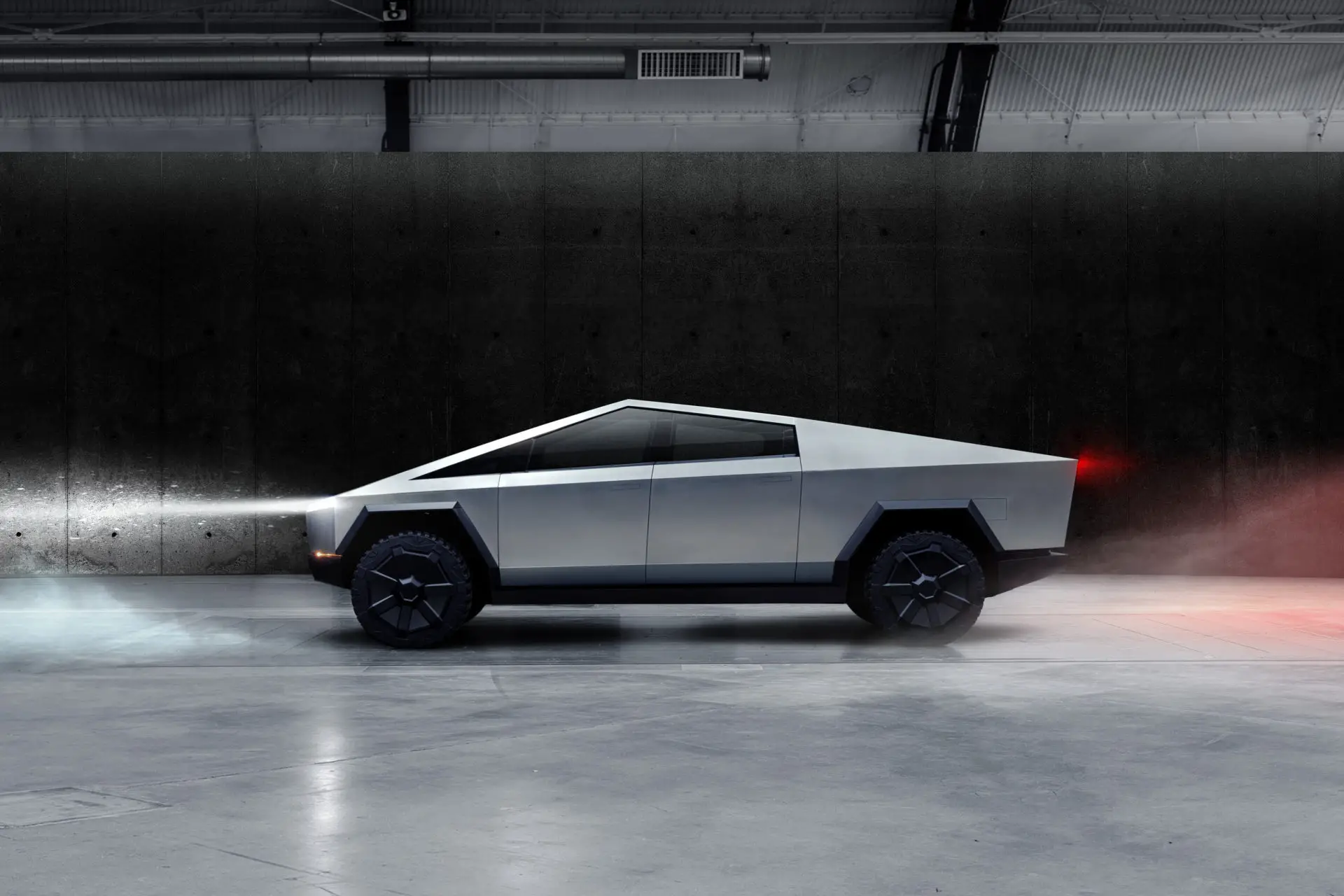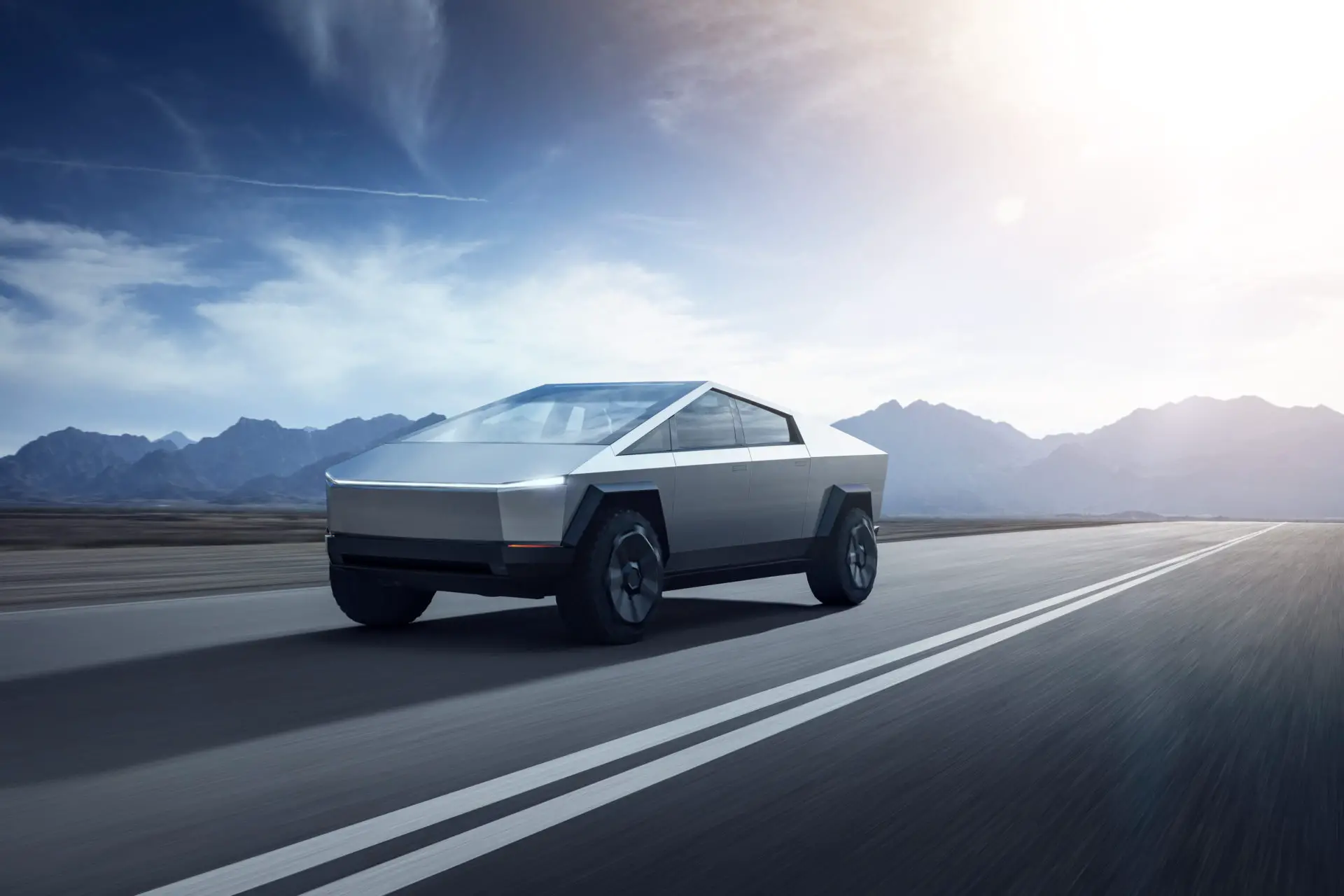Elon Musk Goes On Joe Rogan Teases Neuralink ‘AI-Extension Of Self’
In a follow-up to what must be the most famous podcast of all time, Elon Musk has graced the internet with another appearance on the Joe Rogan Experience. A large focus of their conversation was Elon’s most underappreciated company, Neuralink, which Musk gave a more detailed timeline for during their talk.
The company, which has been described as offering an eventual symbiotic relationship between man and AI, will sell a brain implant, which connects the user to the internet through a hole in their skull. With the first few iterations targeting brain-injuries and eventually Alzheimer’s disease, Musk seems to expect the technology to act as panacea for everything from blindness and deafness, to forgetting your child’s name.
The kicker, is what Musk projects for “five to ten years out.” Superhuman capabilities an order of magnitude faster at interfacing with machines, which will allow us to “save state,” and upload consciousness into another biological body.
This idea of uploading your existence isn’t anything new. In fact Musk references Gilbert Harman’s brain in a vat thought experiment, and how your brain is already in the “vat” of your skull, with “everything [being] an electrical signal.” With Neuralink, one could exponentially more than just their social media presence live on after their death, essentially uploading high bit-rate memories and thoughts to the cloud, for access later.
The lowering of latency between what Musk describes as a “digital ghost” will eventually lead to both language being obsolete, and “more of you in the cloud than in your body.” Of course, this procedure is very far off, and Elon assured Rogan that it, “won’t sneak up on you,” due to the need of approval from regulators and the early focus on fixing injuries. Another aspect is the actual size of connection, which was likened to a smartwatch, needing to be sized-up to a whole brain interface.
When pressed, Elon conceded that in 25 years we could see a “whole brain interface…[with] almost all neurons connected to an AI-extension of yourself.” This of course is both exciting and frightening, as they discussed it could leave some in the dust as others become superhuman, furthering a kind of inequality gap.
As far as the timeline goes, with human trials going underway in as soon as a year, Musk could be a little optimistic. These kinds of projects seem more like science fiction than reality, but that is Elon’s forte. In his own words, “hopefully we gain more than we lose.”
